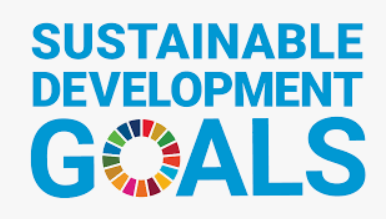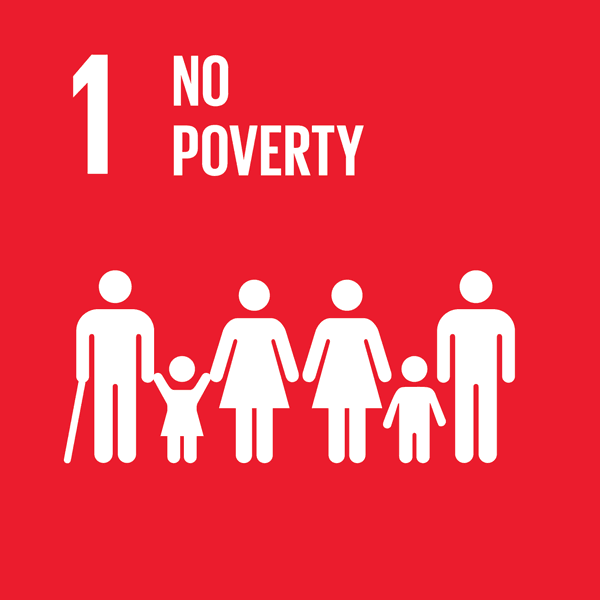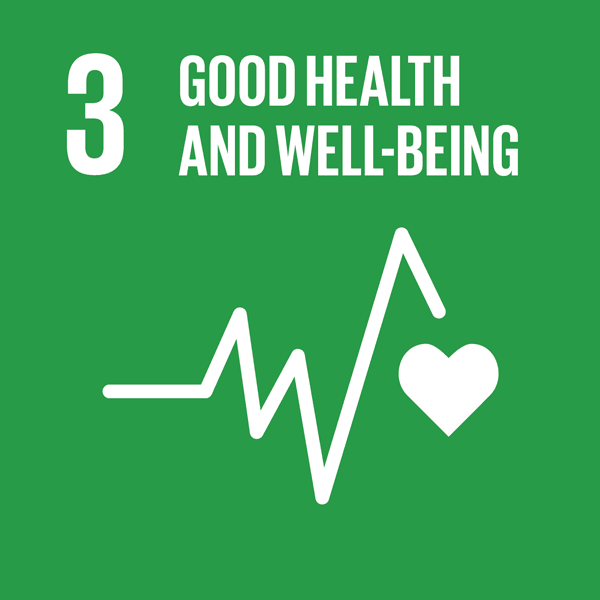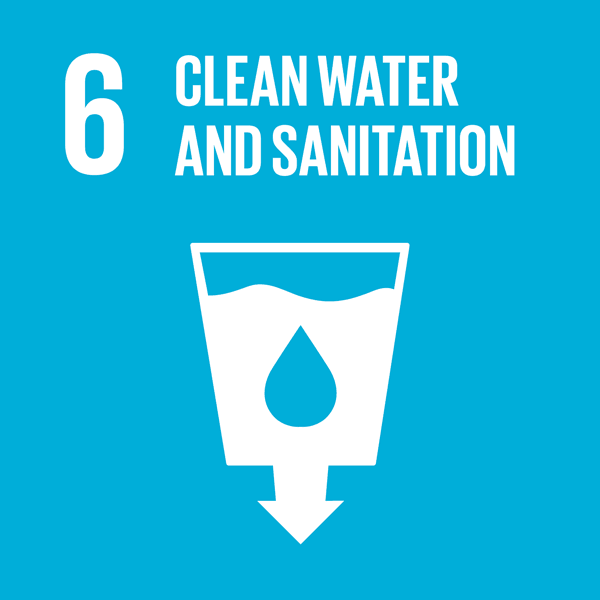About CEN
The European Committee for Standardization is one of three European Standardization Organizations (together with CENELEC and ETSI) that have been officially recognized by the European Union and by the European Free Trade Association (EFTA) as being responsible for developing and defining voluntary standards at European level.
- |


Project
| Reference | EN ISO 4064-2:2017 |
|---|---|
| Title | Water meters for cold potable water and hot water - Part 2: Test methods (ISO 4064-2:2014) |
| Work Item Number | 00092028 |
| Abstract/Scope | ISO 4064-2:2014|OIML R 49-2:2013 is applicable to the type evaluation and initial verification testing of water meters for cold potable water and hot water as defined in ISO 4064‑1:2014|OIML R 49‑1:2013. OIML Certificates of Conformity can be issued for water meters under the scope of the OIML Certificate System, provided that ISO 4064-2:2014|OIML R 49-2:2013, ISO 4064‑1:2014|OIML R 49‑1:2013 and ISO 4064‑3:2014|OIML R 49‑3:2013 are used in accordance with the rules of the system. ISO 4064-2:2014|OIML R 49-2:2013 sets out details of the test programme, principles, equipment and procedures to be used for the type evaluation, and initial verification of a meter type. The provisions of ISO 4064-2:2014|OIML R 49-2:2013 also apply to ancillary devices, if required by national regulations. The provisions include requirements for testing the complete water meter and for testing the measurement transducer (including the flow or volume sensor) and the calculator (including the indicating device) of a water meter as separate units. |
| Status |
Published
|
| Reference Document |
ISO 4064-2:2014 (EQV)
|
| date of Availability (DAV) | 2017-05-24 |
| ICS | 91.140.60 - Water supply systems |
| A-Deviation(s) | |
| Special National Condition(s) |
Legal
| Directive(s) | 2014/32/EU |
|---|---|
| Mandate(s) | M/541 |
| Citation in OJEU | No citation expected for Directive 2014/32/EU |
Implementation Dates
| date of Ratification (DOR) (1) | 2016-12-02 |
|---|---|
| date of Availability (DAV) (2) | 2017-05-24 |
| date of Announcement (DOA) (3) | 2017-08-31 |
| date of Publication (DOP) (4) | 2017-11-30 |
| date of Withdrawal (DOW) (5) | 2017-11-30 |
Relations
| Supersedes | EN ISO 4064-2:2014 |
|---|---|
| Superseded by |
prEN ISO 4064-2
FprEN ISO 4064-2 |
| Normative reference (6) |
IEC 60068-2-1
IEC 60068-2-2 IEC 60068-2-30 IEC 60068-2-31 IEC 60068-2-47 IEC 60068-2-64 IEC 60068-3-4 IEC 60654-2 IEC 61000-2-2 IEC 61000-4-1 IEC 61000-4-11 IEC 61000-4-2 IEC 61000-4-3 IEC 61000-4-4 IEC 61000-4-5 IEC 61000-4-6 IEC 61000-6-1 IEC 61000-6-2 IEC/TR3 61000-2-1 ISO 4064-1:2014
ISO 4064-3:2014
ISO/IEC Guide 98-3:2008
OIML D 11:2004
OIML R 49-1:2013
OIML R 49-3:2013
|
| Bibliographic references (7) |

|
| Sales Points |

|
(1) Date of ratification (dor) date when the Technical Board notes the approval of an EN (and HD for CENELEC), from which time the standard may be said to be approved
(2) Date of availability (dav) date when the definitive text in the official language versions of an approved CEN/CENELEC publication is distributed by the Central Secretariat
(3) Date of announcement (doa) latest date by which the existence of an EN (and HD for CENELEC), a TS or a CWA has to be announced at national level
(4) Date of publication (dop) latest date by which an EN has to be implemented at national level by publication of an identical national standard or by endorsement
(5) Date of withdrawal (dow) latest date by which national standards conflicting with an EN (and HD for CENELEC) have to be withdrawn
(6) This list of normative references is purely indicative. The only official list of normative reference is the list of the published standard.
In the case of undated standard, a link to the last dated version is provided.
In the case of series, a link to each standard identified in the series is provided.
We also invite you to check (via the website) whether corrigenda and/or amendments shall be read in conjunction with the main standard.
(7) This list of bibliographic references, which is provided for homegrown standards only, is purely indicative and was retrieved automatically using available XML files. It is limited to publications that have been published in the XML format. For standards that are not homegrown, the corresponding international standard should be consulted.






